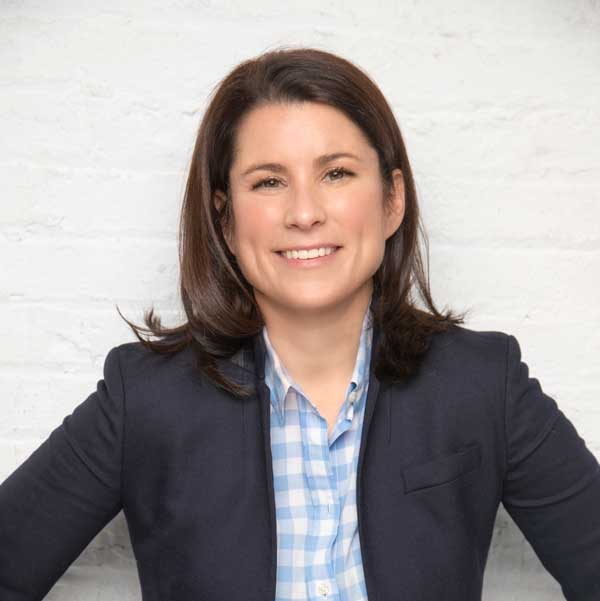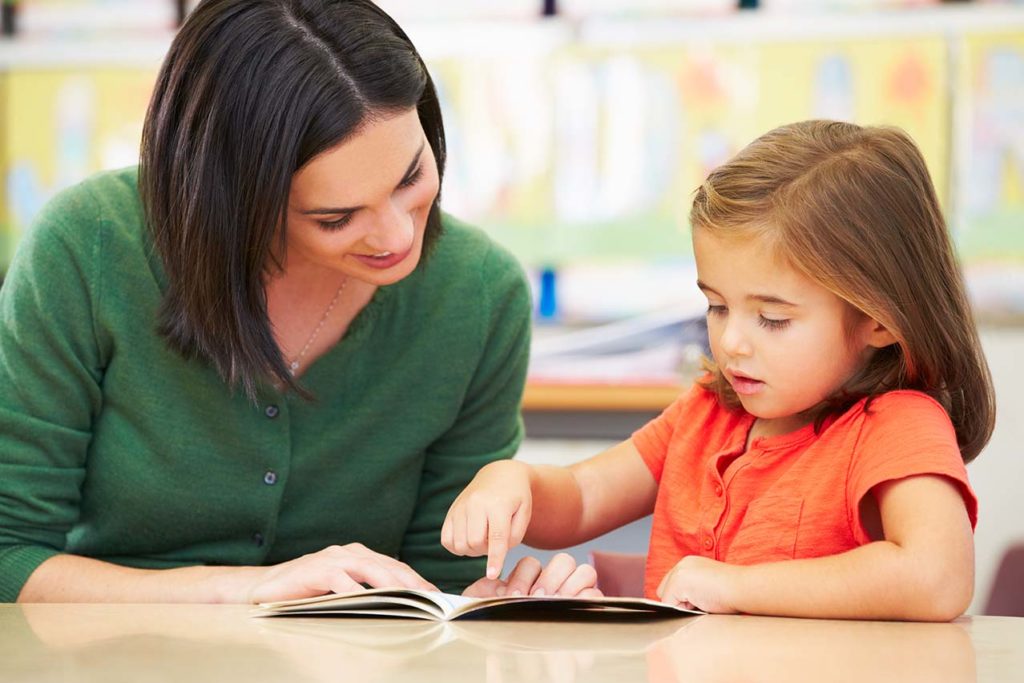You’ve had some concerns about your child’s speech and language development and have decided it’s time to look into speech therapy. As the school year draws closer, you wonder…Can my child receive speech therapy at school or should I seek private services? What’s the difference?
The answers are maybe and there are several differences.
Here are the details and differences between private and school-based speech therapy that can help you make a decision on which route is best for you and your child!
Qualifications Can Differ
Speech therapy starts with an evaluation of your child’s skills by a licensed speech-language pathologist (also referred to as an “SLP”).
To receive speech therapy through the school system, your child must meet your state or district’s eligibility requirements. For many schools, this means that the child’s scores on standardized speech and language tests must fall at least 1.5 standard deviations below the average (approximately the 7th percentile).
There are some exceptions to this. Your child might not be able to complete standardized speech and language testing. Or, the evaluating SLP could observe that your child is not demonstrating the appropriate skills for their age. If your child’s speech and language difficulties could have a negative impact on their social, emotional, or academic performance, then he or she might still be eligible to receive speech therapy through school.
The qualifications for receiving private speech therapy are different. There aren’t requirements for how low a child must score on standardized tests to be eligible to receive therapy.
This means that some children could potentially start speech therapy earlier through a private practice. They may have milder speech and language delays and might not meet the eligibility requirements for receiving school-based therapy. According to the CDC, “Intervention is likely to be more effective when it is provided earlier in life rather than later.”
Level of Parent Participation
In private speech therapy, parent participation is key! Therapists who work in these settings often involve parents in treatment sessions. Parents are able to see their child’s progress and talk to the SLP about goals. And this one’s big – they can receive coaching from the SLP on techniques and activities to use at home for improving their child’s speech and language skills. That type of parent involvement has been proven to improve children’s progress.
Teletherapy is available through private speech therapy, which is convenient for many parents and allows them to have hands-on participation in their child’s therapy sessions.
One-on-One or Group?
Private speech therapy sessions are typically individual. School-based speech therapy can be conducted individually or with a group of students. Consider your child’s needs and what approach you think he or she would benefit the most from.
Timing and Scheduling
Private speech therapy allows parents to schedule therapy at a time that is convenient for them and when they think their child would most actively participate. Sessions might be once a week, twice a week, or more depending on the recommendation from the SLP. Frequency and duration of treatment will be determined in the evaluation and will be reassessed at least once per year.
When a child receives speech therapy at school, the SLP might “push in” to the child’s classroom, providing therapy within the class. That can help the child generalize their skills to a different environment, and allow the SLP to collaborate more with the child’s teacher.
In school, the therapist might pull your child out of class to attend sessions. This of course means he or she would miss out on whatever instruction or activities were happening in the classroom during that time.
Some parents might worry about the social stigma of their child being singled out to leave and attend speech therapy sessions during the school day or might also be concerned about their child missing class time.
School Year Versus Calendar Year
Children who receive private speech therapy can continue to do so during the summer and holiday breaks. That kind of consistency in therapy is key in helping kids reach therapy goals faster.
School-based speech therapy follows the school calendar, so summer breaks and days off means missed therapy sessions.
SLP’s Areas of Specialty can Differ
Though speech-language pathologists in both settings have the same level of educational degree and national certification, their areas of expertise may differ.
A private-based speech therapist might be experienced in more medical-based areas like feeding. Or, the therapist may specialize in specific speech and language disorders such as Childhood Apraxia of Speech, Autism, Expressive Language Delays, or AAC (Augmentative and Alternative Communication).
School-based speech therapists follow an educational model. That includes focusing therapy on areas like listening comprehension and expressive language skills.
Seeking Private Speech
Knowing the differences between school-based and private speech therapy is so important. And keep in mind, it doesn’t always have to be a choice. Some parents choose to seek private speech therapy in addition to school-based therapy to help accelerate their child’s progress! Given consent, the school-based and private SLP’s can communicate about the child’s therapy plan.
If you have concerns about your child’s communication skills and are interested in private speech therapy, consider TherapyWorks. TherapyWorks offers speech therapy both in person and through teletherapy. If you would like to learn more, or discuss your child’s specific needs, please don’t hesitate to reach out to TherapyWorks!




